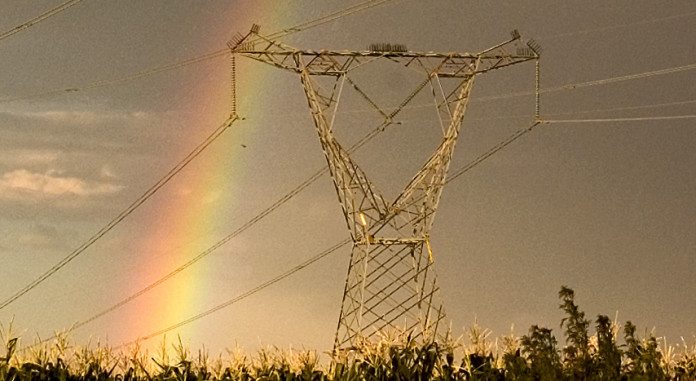
A PROPOSAL by the National Energy Regulator of South Africa (Nersa) to benchmark the price of coal Eskom buys from mining companies will add much needed transparency to the procurement process.
There is a view out there, however, that Eskom has brought Nersa’s action upon itself.
Nersa’s proposal is to adjust the multi-year price determination (MYPD) methodology that Eskom uses in order to justify increases in the annual electricity tariffs.
In previous MYPDs, Eskom has claimed that above inflation increases for primary energy – mostly coal – has driven demands for similarly above inflation tariff hikes.
Eskom gives an average cost of coal but Nersa is proposing that Eskom provide it with its primary energy costs on a power station by station basis. Currently, Eskom negotiations with mining firms are kept under lock and key, although knowledge of specific prices Eskom pays is still shared if you know where to ask for it.
Whilst this will bring transparency to the MYPD process, and is a step away from indexation of the domestic coal market, it is a step that Eskom has largely created itself.
This is because the mix of coal Eskom buys has changed significantly from about 2008 when almost all the coal it bought was through long-term contracts or from cost plus mines.
However, Eskom has in the last seven to eight years found it increasingly difficult to invest in the expansions of the fixed cost mines that would provide replacement tonnes of low cost coal.
As a result, it has sourced more coal from smaller suppliers who have no means of conveying the coal from mine to power station – as a fixed cost contract would include – so that deliveries are by road.
Said an industry source: “You can add at least R150 per tonne to the cost of buying coal if you deliver by road”. About 30 million tonnes (mt) of Eskom’s total burn of 118mt is by this route today.
It’s the decline in Eskom’s ability to pay for expansions that was behind the failure of Exxaro Resources to renew a coal supply agreement with Eskom from its Arnot mine to Arnot power station.
Exxaro had asked Eskom to conduct a due diligence into developing a mine extension at Arnot that, once completed, would have resulted in the availability of cheap coal supply. Without the expansion, Exxaro required an increase to the coal contract in order to justify mining from old areas at Arnot.
In the last two years, supply from established mines, including Arnot as well as Anglo’s New Denmark and Kriel mines and the Khutala operation of South32 have fallen about one million tonnes owing to under investment in new resources.
There is one happy spin-off to this situation, however.
Transparency in the setting of coal supply agreements would throw the spotlight on the cost of coal from Tegeta Exploration & Resources, a subsidiary of the Gupta family’s Oakbay Resources to Eskom.
Tegeta’s R2.15bn acquisition of Optimum Coal Holdings, which was subject to business rescue proceedings, has attracted controversy because analysts can’t see how the Tegeta can run Optimum mine profitably when former owner of the mine, Glencore, could not.











